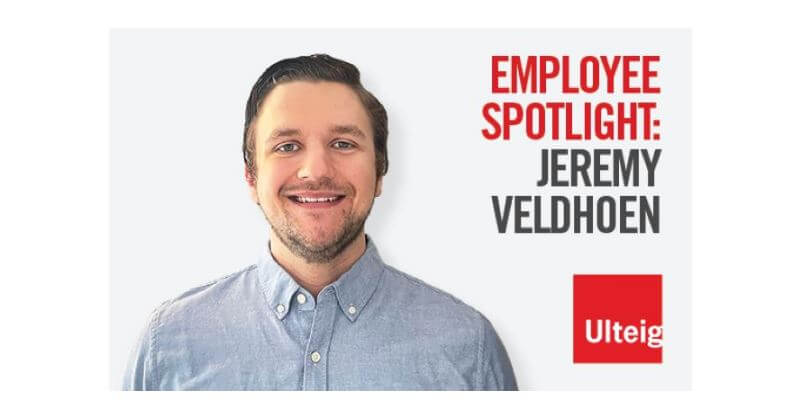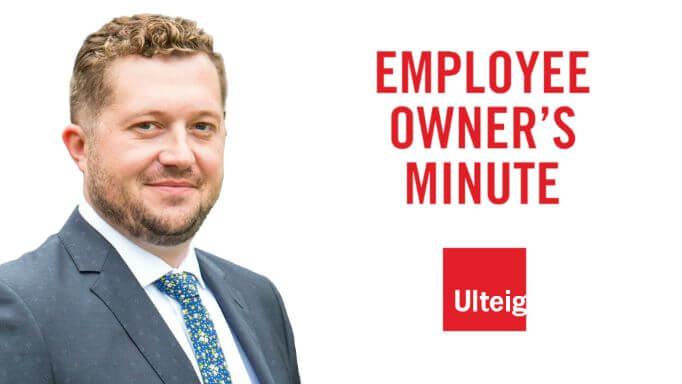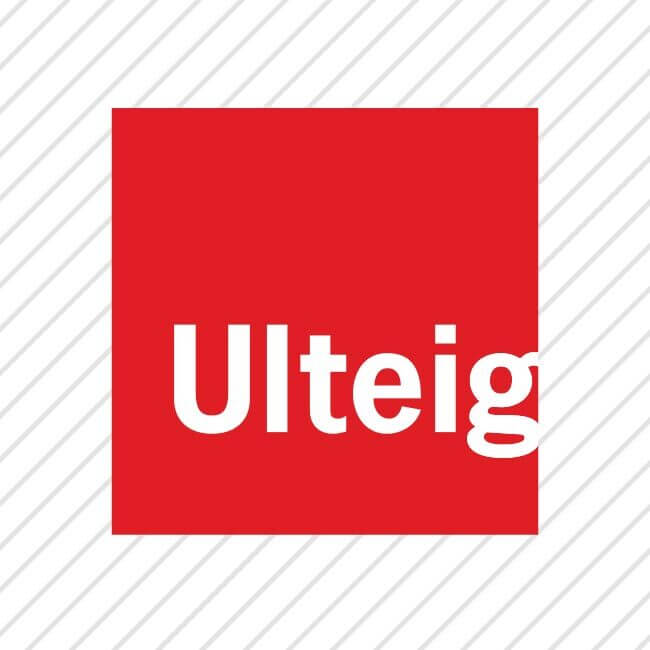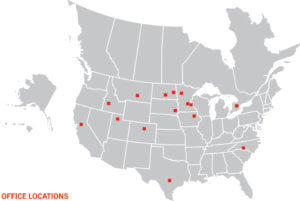Employee Spotlight with Jeremy Veldhoen – Lead Systems Integrator

November 15, 2022
Learn about Jeremy Veldhoen’s expertise and passion for SCADA programming in our most recent Employee Spotlight.
Tell us about you and your career: Why are you passionate about your area of expertise?
I was born and raised in Burlington, Ontario. Both of my parents worked in the water/wastewater industry with my father working for over 20 years as a wastewater treatment plant operator in the Halton Region. I graduated from St. Clair College with a diploma in Computer Systems Technology – Networking. I actually hadn’t heard of SCADA until I started my career! My knowledge and experience with computer programming, along with excellent support from my supervisor and colleagues, helped me to quickly learn on the job.
For me, SCADA programming is the perfect combination of in-office coding and on-site practical application. It is always a pleasure to see my ideas and solutions brought to life in the field with real equipment. I am a problem solver at heart and working with SCADA systems offers endless opportunities to find creative solutions for a problem.
How has the acquisition (from NLS to Ulteig) impacted your relationship with clients?
Thankfully, my relationship with clients has only improved since the acquisition. There was a period of teaching some of my more longstanding clients the new company name, with lots of “How do you spell that? All-tag?”. And there are still several people who refer to me as “Jeremy from NLS”, but I see that as a positive thing. Through the acquisition [of NLS Engineering], Ulteig has allowed me to retain the freedom to interact with my clients and I haven’t experienced any interruptions.
Being part of a larger organization has also allowed me to better help my clients. We have more resources, especially for our clients in the U.S. The City of Anaheim, for example, has been very happy with the help of U.S. Ulteig employees like David Fadeyi and Alex Hogenson to supplement the support of our own Misa Miranda.
What types of projects make you most excited?
Working with government bodies means working with standards. Each municipality over a certain size will have their own set of standards that we must adhere to when developing a SCADA application. This usually limits our freedom as integrators, as all aspects of the system need to look like and function an exact way.
I have the most fun when working with clients that haven’t yet established SCADA standards, or when we get a project to create or overhaul their standards. These projects give me the freedom to try new things and use more modern technologies and graphics.
What project challenges were you able to overcome? Did you use innovative thinking?
We recently had a project with a new client to create a SCADA system for two of their sewage pumping stations. This system was specified to be built on a software and hardware platform that I was not familiar with, which presented a host of challenges. Many aspects of the software did not operate like the solutions I was familiar with, and, along with Rick Vanleeuwen and Kim Ocampo, I had to develop a system from the ground up that exceeded the client’s requirements.
The SCADA system we created in the end was more advanced and modern than most systems we had worked with before! We were able to craft this solution with a platform that was clearly not designed with our use case in mind. We created custom scripts, tools, and graphics that allowed us to overcome the limitations inherent to the platform we were working with.
How does SCADA help bring clients into the age of digital asset management optimization?
In the modern age, data is invaluable. The more information you can collect, the better. Even in my short career I have seen a notable shift in SCADA systems from providing standards controls and trending to offering powerful analytical tools which can help improve entire treatment systems.
I had the opportunity to attend and present at the 2022 Ontario Water Works Association Conference in Niagara Falls. During my time at the conference, I attended multiple presentations that were using modern tools like machine learning algorithms to solve issues the water and wastewater treatment industry is facing. Some municipalities are, for example, using machine learning algorithms with data from their SCADA systems to accurately predict and preempt watermain breaks, saving thousands of taxpayer dollars.
In the future I can only see the value of SCADA data increasing, allowing clients to improve their preventative maintenance programs and cut down on chemical usage.
How does the projects you work on create value for clients?
Our work makes operators lives easier. An efficient and modern SCADA system allows treatment plant operators to more easily diagnose and correct issues when they arise. An efficient automated process creates fewer opportunities for mistakes while still allowing for full control.
I know that I’ve done a good job when operators can focus on the big picture rather than spending their time dealing with a multitude of little errors, annoyances, and shortcomings.
WHAT MAKES ULTEIG DIFFERENT?
From global energy producers to locally funded cities and private developers to government agencies, the clients we serve encompass a broad range of relationships and projects. Find out why Ulteig is a leader in the engineering industry.
Contact Us


